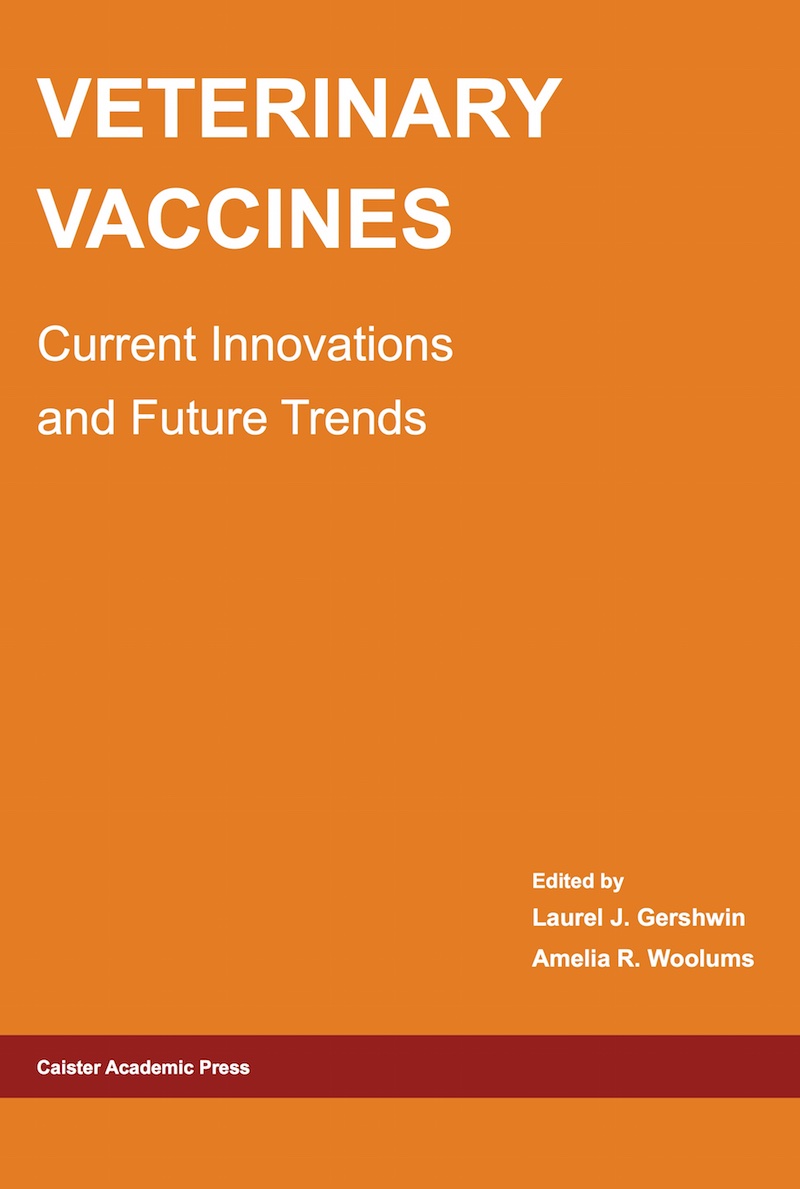CIMB Abstract
Curr. Issues Mol. Biol. (2018) 26: 103-110.Ethical Issues Regarding CRISPR Mediated Genome Editing
Zabta Khan Shinwari, Faouzia Tanveer and Ali Talha KhalilCRISPR-Cas9 has emerged as a simple, precise and most rapid genome editing technology. With a number of promising applications ranging from agriculture and environment to clinical therapeutics, it is greatly transforming the field of molecular biology. However, there are certain ethical, moral and safety concerns related to the attractive applications of this technique. The most contentious issues concerning human germline modifications are the challenges to human safety and morality such as risk of unforeseen, undesirable effects in clinical applications particularly to correct or prevent genetic diseases, matter of informed consent and the risk of exploitation for eugenics. Stringent regulations and guidelines as well as worldwide debate and awareness are required to ensure responsible and wise use of CRISPR mediated genome editing technology. There is a need for an extensive dialogue among scientists, ethicists, industrialists and policy makers on its societal implications. The opinion of different elements of the society including the general public as well as religious scholars is also critical. In countries with existing legislative framework, it might be appropriate to allow CRISPR based research to proceed with proper justification. However, much anticipated future clinical applications must be strictly regulated with newly established regulations.
Access full article: full text



